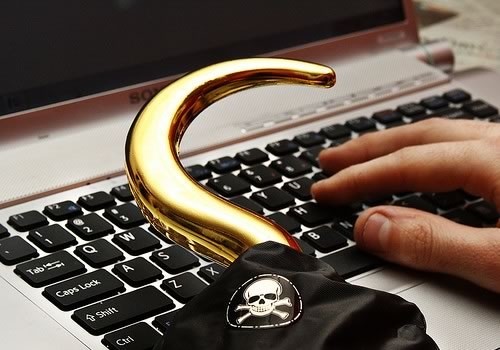The US Copyright Group has been incredibly busy this month. Only two weeks ago, the law firm received federal subpoenas forcing internet service providers to unmask the accountholders of 23,322 IP addresses caught downloading and distributing the 2010 action film "The Expendables." At the time, it was reportedly the largest BitTorrent case in US history, but that record has been shattered this week by Voltage Pictures' "The Hurt Locker" – the movie that arguably popularized the "pay or else" scheme.
According to TorrentFreak, the US Copyright Group has just added nearly 20,000 more defendants to its Hurt Locker suit, bringing the total number of alleged pirates to 24,583. When the US Copyright Group began dispatching threatening letters last year, its shenanigans went largely unnoticed until last May when 5,000 people were accused of downloading The Hurt Locker. The case is currently being overseen by Judge Beryl Howell, a former RIAA lobbyist and Managing Director of a so-called pirate-chasing outfit.
TorrentFreak has published information from a court document showing the number of supposed file-sharers per ISP. Most of the defendants are customers of Comcast (10,532), followed by Verizon (5,239), Charter (2,699), and Time Warner (1,750). Interestingly, the document also revealed that the US Copyright Group has secured deals with various ISPs to unveil subscribers accused of piracy in any case. Charter has agreed to look up 150 IP addresses a month while Verizon has committed to 100 per month.

ISPs have expressed frustration over John Doe torrent cases as they must dedicate resources to an unprecedented number of subpoenas. Last year, Time Warner said the US Copyright Group was out of control, requesting more lookups per month than law enforcement agencies. The cable company noted that it spends approximately $45 to perform each lookup and that it would have to beef up its Subpoena Compliance group to offer piracy-related lookups without interfering with legitimate emergencies.
Some judges are also tired of such money-grabbing practices. Judge Harold Baker recently dismissed a Canadian adult film company's subpoena request, ruling that an IP address is not a person. Meanwhile, Judge Milton Shadur threw out similar cases saying that they're "ill-considered" and "[abuse] the litigation system." Baker and Shadur said they wouldn't support companies seeking to expose the identities of users without evidence that their courts actually have jurisdiction over the defendants.
Considering the new agreements, it sounds like it could be a while before the US Copyright Group issues its latest round of letters. It would take many years for Charter and Verizon to fetch the personal details of each IP address – and that's assuming the information is even stored for such a lengthy duration. Once mailed, the letters will presumably demand a settlement of $1,500 to $3,500. TorrentFreak notes that if "only" 10,000 of the accused infringers pay $2,000, the scare tactics could rake in $20 million.